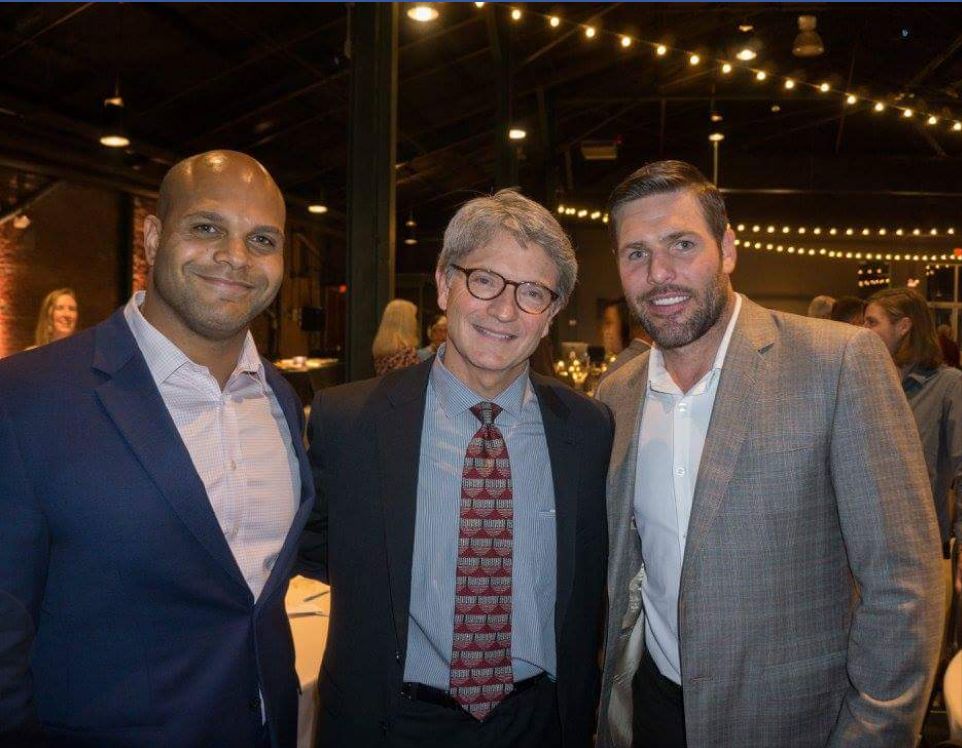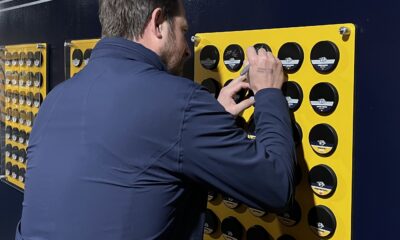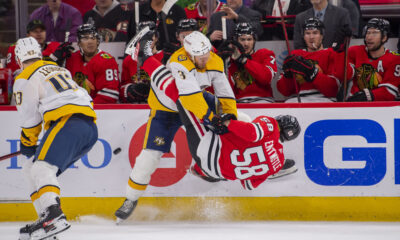If you ask Dan Hamhuis to name the biggest influence in his professional hockey life, he might go with Barry Trotz or David Poile or maybe one of his youth hockey coaches from his early years in British Columbia.
But if you ask him to name the biggest influence in his personal life, he might go with Pike Williams.
“I still say, even at 40 years old,” Hamhuis explains, “I want to be Pike Williams when I grow up.”
Sometime early last season, while waiting to talk with Nashville Predators’ players after a morning practice, I saw someone outside the team locker room I had not met before.
The usual crowd was there. Team media personnel, communications staff, a few trainers milling about. It was a typical hockey morning, except for an older man, standing there with a notepad and small book.
Assuming him to be out-of-town media, I introduced myself.
“How long have you been covering hockey?,” I asked.
“Oh, well actually, I’m here waiting for the team,” he replied with a soft smile. “I’m Pike Williams, I’m the team’s chaplain.”
With that introduction, and after several follow up conversations with him and players that he’s helped mentor over the years, I learned about a team chapel program that’s been a part of the Nashville Predators for over twenty years.
“A safe, spiritual and emotional resource.”
Pike Williams looks like your typical hockey fan. A guy you might see sitting in the lower bowl of Bridgestone Arena, cheering on every win and frowning at every loss.
But with a role unlike anyone else’s in the organization, Williams is much more than a spectator. As the team’s chaplain, he’s seen the personal growth of hundreds of hockey players in Nashville.
What does a team chaplain do? Williams puts it simply.
“I’m here to provide a safe, spiritual and emotional resource for players, staff, and their families,” Williams said. “That’s really the essence of the chapel program.”
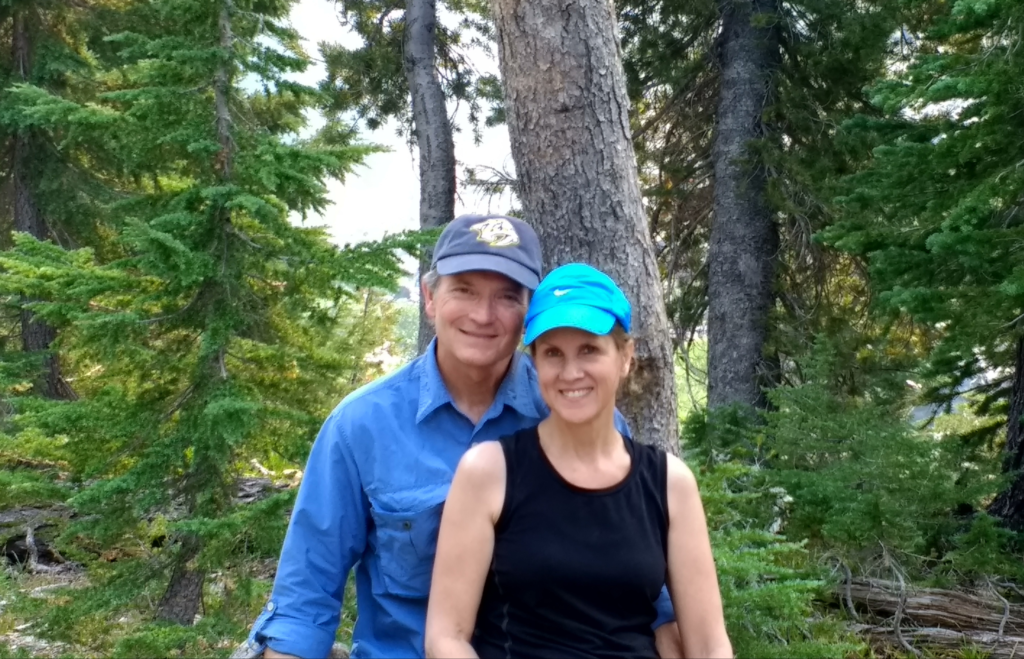
In his day job, Williams is a Licensed Marriage and Family Therapist at the Refuge Center in Franklin, Tennessee. His calling is a spiritual one (“rooted in the Bible”) and ultimately aimed at providing families with emotional guidance “for all of the world’s pressures.”
Since the ’01-’02 season, Williams has been the Nashville Predators’ chaplain, where he leads the team in chapel and provides a crucial resource for the players and their families. About the title “chaplain”, Williams admits it’s a term that gives some people pause.
“It’s not the greatest title, because it may imply certain things to certain people,” Williams said. “But nonetheless, it’s workable, and that’s what it is.”
Williams and Hockey Ministries International
“I am associated with, and maybe accountable to, Hockey Ministries International,” Williams said. “So I’m not out here as a cowboy just doing my own thing. If there was a problem, let’s say a coach or a player had a problem, they of course would have a recourse back to hockey ministry.”
Since 1979, the NHL has provided chapel programs for their teams through an organization called Hockey Ministries International, based in Montreal. As of today, 21 teams offer chapel programs to their players, including Nashville.
Williams is not paid for this work; all chaplains in the league are on a volunteer basis.
“I don’t get paid for this. I’m not a part of the Predators’ staff. I don’t get tickets, I don’t get privileges. I’m not there to ask for autographs,” Williams adds.
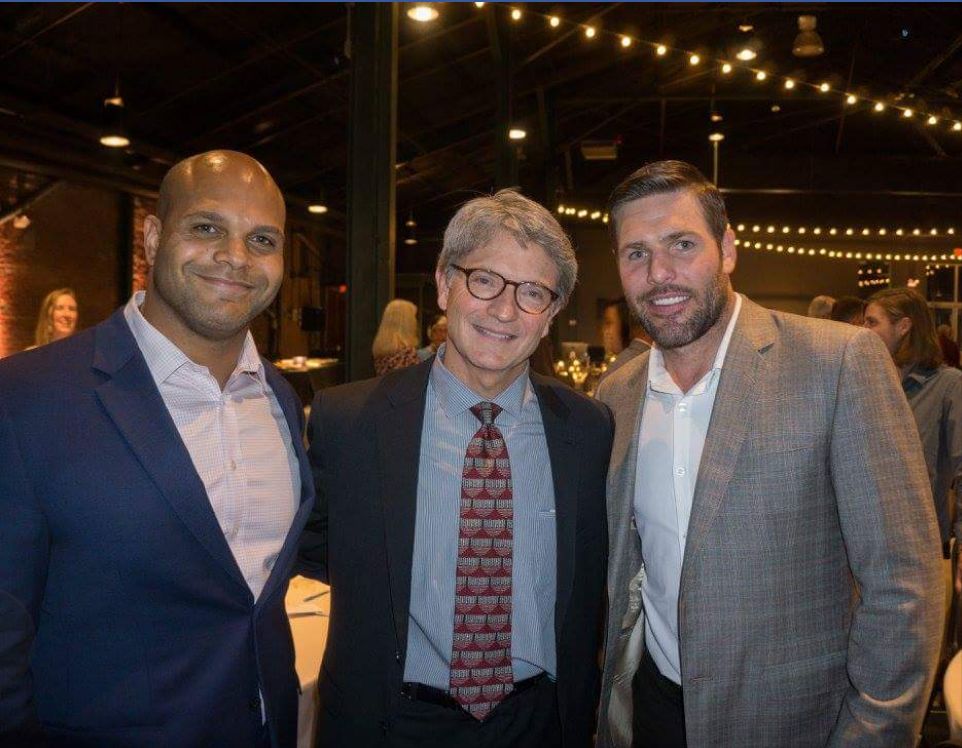
Team chapel is provided for players as the team’s schedule allows. “Typically, every couple of weeks,” Williams explains. Attendance is not mandatory, of course, but attendance is higher than you might think. According to Dan Hamhuis, chapel attendance in Nashville was “between 10 and 12 guys” during his playing days, which he said was “far, far higher than average for most NHL teams.”
The chapel program itself, as Williams describes it, resembles something you might find in a community church or college campus in your area. There’s a prayer, a Bible passage with accompanying message, and open ended questions that allow for player participation.
“We take a non-denominational stance,” Williams clarifies. “I’m not here to advance any particular denomination. We read a passage from the Bible, and it’s my job to try to select something that I think is gonna be relevant to the guys and to staff members. Unpack it, just to give a few application points. And we will typically open and close in prayer.”
Williams adds he’s been a part of players’ weddings, helped them cope with grief and loss, and also helped them with marriage counseling. He said some players ended up attending team chapel initially at the request of their significant others.
Though less common than personal issues, Williams does occasionally takes on hockey-related issues. For example, when players get traded, sometimes they get upset. “Why did this happen to me? Everything was working out and now everything’s changed.” Team chapel can be a way to work through obstacles in players’ hockey careers.
“There’s more to these players than just their physical ability as a hockey player. These are men, husbands, fathers, brothers, family members, and they care about life. They have people they love, and they’re trying, many of them are trying, to put their faith together.”
It’s the connection with the player’s emotional lives that really landed with Dan Hamhuis, who joined the team as a 20-year-old in 2002.
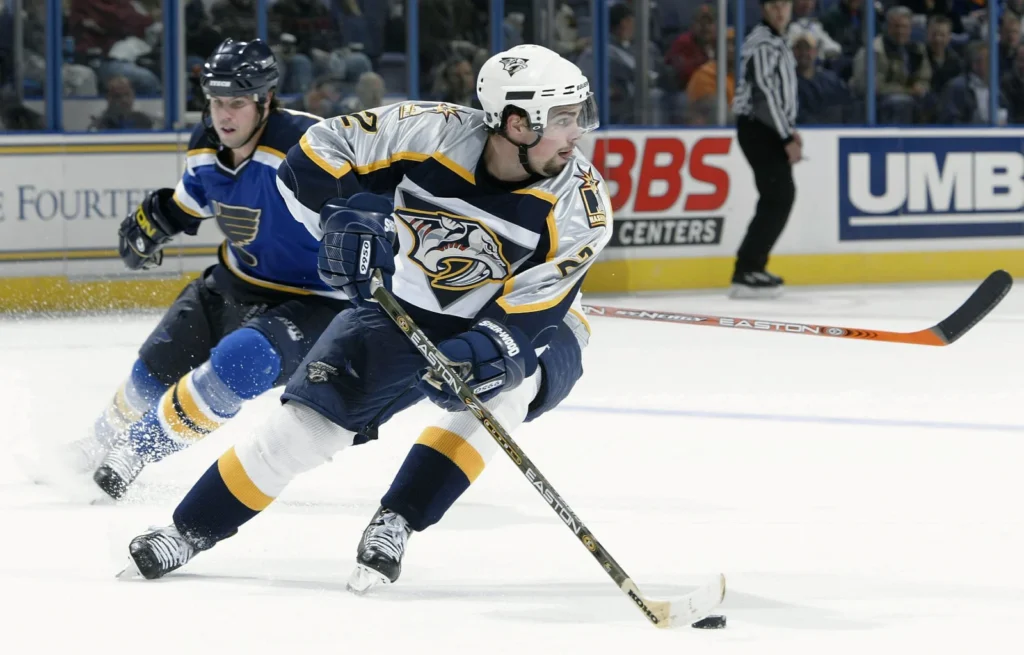
“Back in 2002 or 2003, when I first came on the team, Stu Grimson was part of the team, Greg Johnson, Scott Walker, Scott Hartnell, and Adam Hall, all of these guys were going to the chapel program with Pike with the Predators then. [Spirituality] was something that was always important to me in my life, so that was a really nice welcome into the team as a young guy.”
Hamhuis said he and Williams “connected quite quickly” after meeting and he soon became a constant resource for him.
“He’s such a wise, wise man, and just a gentle soul,” Hamhuis said. “I think guys really are drawn to Pike at chapel because it’s nice to have someone that is there for you personally, not just based on hockey performance.”
That insight into player’s personal and emotional lives, rather than their hockey playing ability, seems to be one of the biggest draws for attending chapel.
“We hockey players, we are all regular, human guys that have moms and dads, wives and girlfriends, sisters and brothers, and kids. And those things don’t all go smooth just because we’re in the NHL. If anything, it kind of stresses those relationships. Pike, and a lot of the chaplains that I’ve had over the years, are just a really great support and resource to help you with all those things that are incredibly important.”
Growing a player’s “soul” along with their body
“There’s more to people than just our physical body, right?”
Williams asked me this, somewhat rhetorically, before continuing on.
“Physiologically, we know that we have… we’ll call it a mind or a mental space, which includes our thoughts and emotions and our desires. And then this private part of our psyche, if you will. Psyche is a Greek word, which is translated as ‘soul’ in the Bible.”
“So these are all men, the same as you and I,” he went on. “And they have a soul. Sometimes there are things that have happened in their life. It could be personal challenges, it could be challenges to family members, they may have all the same problems that you and I might have while living in this world of pressures. With the added pressures of an extreme travel and training schedule, extra pressures from the community, and from the team, etc. But these are just men at the end of the day.”
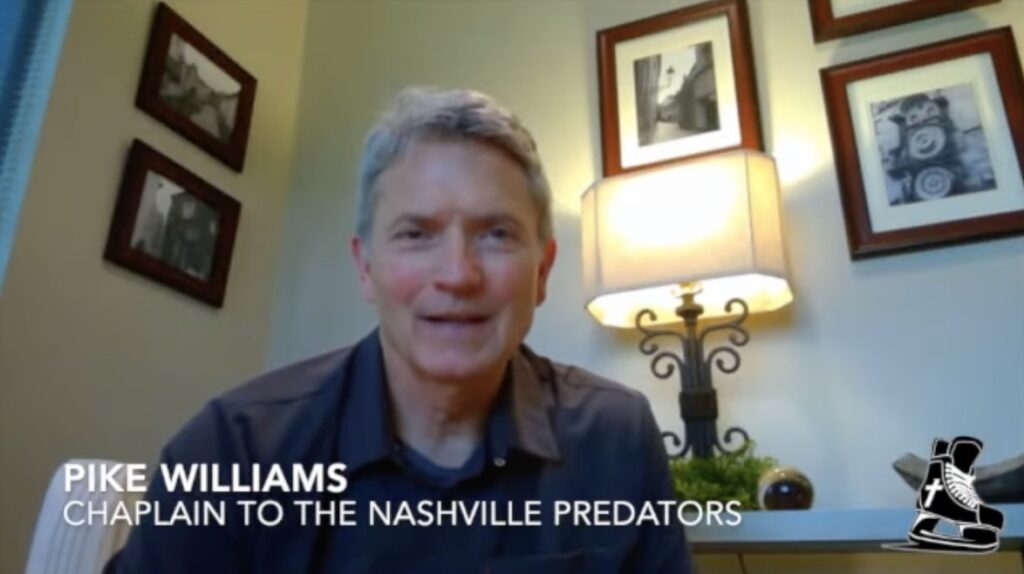
Listening to Williams explain how the “world of pressures” can affect all of us, I understood why players like Hamhuis saw him as a mentor. His demeanor when dealing with complicated subjects has a calming effect. I could see how his mentorship might help one rise above personal struggles, maybe even see a way to spiritual enlightenment.
“That’s important, as a high level athlete,” Hamhuis said, “and it’s great to have that resource available and to have Pike there to speak. Because there’s so many faults and challenges during the season and in your personal life. If that’s not going well, or you’re struggling and there’s no help there, it can really affect performance on the ice. The other challenge for us is with our schedule. Our schedule doesn’t stop because it’s Sunday and guys want to go to church.”
Both Williams and Hamhuis stressed that neither church membership nor a connection to Christianity are required to attend these meetings. There’s also never been a hint of conflict about religious beliefs in these meetings as they relate to theology or spirituality.
“I work really hard as a chaplain to let [chapel] be a safe space,” Williams said “You don’t have to self describe as a believer. You don’t have to self describe as a Christian. Everyone is welcome.”
Williams also has an interesting analogy to explain why welcoming everyone in the chapel program is important.
“If belief was a huge grid, and we tried to locate all of us inside it… we would all be in different locations. What do you think about baptism? What do you think about community? What do you think about spiritual gifts? On and on. We don’t all occupy exactly the same spiritual location. There’s diversity within the body of Christ. Where we have been, where we are going. We all have different giftedness and different levels of understanding. We’re just trying to create a space where all of it is welcome.”
“The Grim Reaper” builds a chapel
Pike Williams became a Christian in 1984, but spent most of his professional life in the corporate world. His faith led him to various spiritual leadership roles over the years, but it wasn’t until 2001 that his paths crossed with the Nashville Predators.
“It started when the Predators signed Stu Grimson,” Williams said. “He asked for access to a chapel program at first and the Predators didn’t have one. They didn’t even know what it was.”
Grimson (nicknamed “The Grim Reaper”) was signed by the Predators in the summer of 2001. He was brought in to be the team’s “enforcer”, which was a role that, even 20 years ago, was dying out. He played only 30 games for the Predators that season, before retiring in 2003, but his legacy in Nashville extends far more than the few games he played on the ice.
“When I signed as a free agent with the Predators back in the summer of 2001,” Grimson told me, “For pretty much all of my hockey career, I had a pretty close connection to [Hockey Ministries International].”
After talking to David Poile about starting a chapel program, Grimson was able to get the team connected to HMI. As it happens, Pike Williams’ son played in an HMI hockey camp in the Cincinnati area. Eventually, Grimson found Williams, who was then formerly brought on as the team’s chaplain for the 2001-02 season.
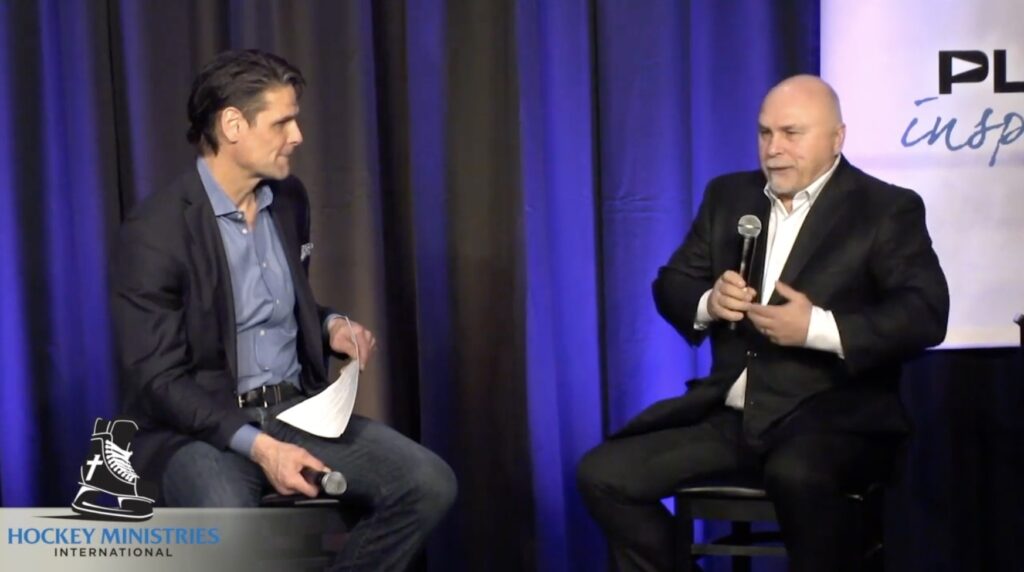
“[Pike] was the obvious choice,” Grimson said of Williams. “That was very quickly confirmed to me. Just how effective and what a great fit he was for that role.”
Grimson described Williams’ ability to connect with professional hockey players as an outsider that fueled his effectiveness in the role.
“He walks into the locker room and he’s willing to be so transparent about some of the struggles he’s having in his own life, presently and in the past. Guys were just blown away by how real and how transparent he was. They knew they could be themselves and speak freely about the challenges that they had… It really got everybody’s attention.”
For Grimson, the chapel program was all about “bringing church into the locker room”, which was important to him throughout his NHL life. But he recognized the chapel program didn’t have to be about the Bible or even about religion to be effective. Often it was a way to break through the tough exterior that hockey players portray in their public lives. It was a way to deal with real life struggles.
“It’s kind a mental hurdle of some sort,” Grimson said. “For whatever reason, hockey players have a harder time in breaking through or maybe compartmentalizing in a healthy way. Because the game is so fast, fierce and really physical. [Chapel] kind of breaks through that obstacle.”
“Nothing affects me, I’m not weak…”
In my conversations with Hamhuis, Grimson, and Williams, it was clear that some hockey players feel they don’t need this kind of support. But the “tough guy” approach that many hockey players have to portray on the ice often belies a struggle going on in their personal lives.
In Nashville, we’ve seen several players come out publicly about their struggles with substance abuse and mental illness. The NHL’s Player’s Assistance Program has been crucial in supporting players directly through mental health and substance abuse counseling. Williams and other team chaplains know their role in the chapel program can help connect players to the Player’s Assistance Program, if that’s what is needed.
“If a player is struggling, the people who are going to know it first are going to be the other players on the team,” Williams said. “And if that comes to the chaplains attend attention, the chaplain is going to take a stance… and we encourage players to take advantage of [the Player’s Assistance Program] if that’s appropriate.”
“The macho-hockey player, nothing affects me, I’m not weak,” Hamhuis said. “But guys are going to let their guard down a little in there and share some things they are struggling with. Chapel was a path to having deeper connections with teammates over the years.”
Grimson added that often in his role as an “enforcer” he noticed teammates were surprised by how important faith was to him.
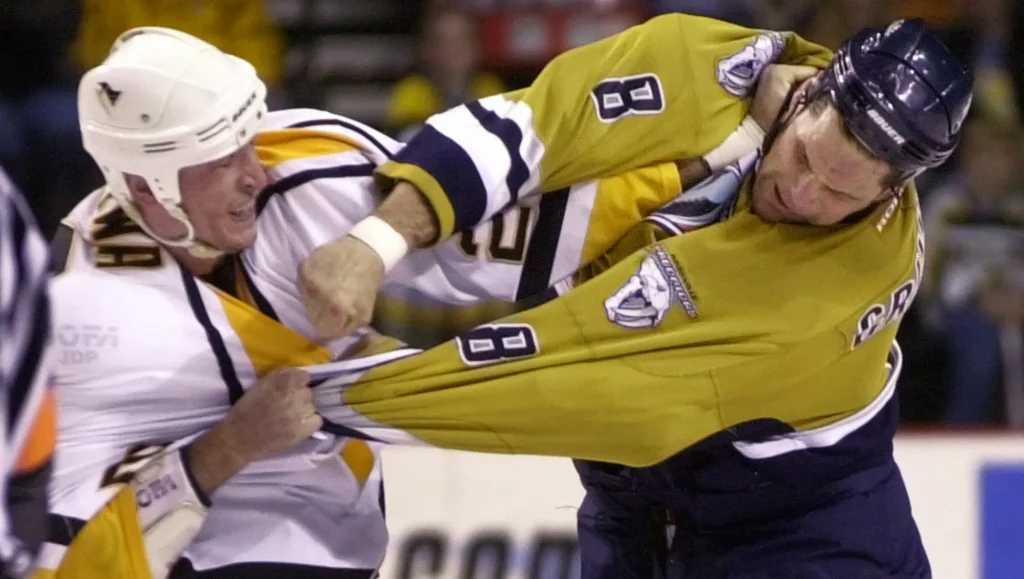
“I think a lot of guys were a little bit struck,” Grimson explained. “‘Oh wow, Stu has faith as part of his makeup and yet when I see him play on the ice, he doesn’t shrink from any any confrontation, not by a longshot.’ Again, it breaks through that obstacle, that you can have faith and still be you still be a rough, tough hockey player.”
Preds’ support of “Pike” has been crucial
One of the questions I had for Williams was about his first name. It’s not every day you meet someone named “Pike.” Given our local penchant for catfish, I wondered if it was a fishing nickname.
“Unfortunately, there’s not an interesting story there,” Williams explained. “Pike” is his middle name, and he’s named for a mentor of his father’s. His parents were expected a girl and didn’t have a boy’s name picked out, so they defaulted to one they’d heard a lot. Having such an unusual name has its challenges, he admits, but he adds “I always seemed to be welcome at Pi Kappa Alpha (aka “Pikes”) parties in college.”
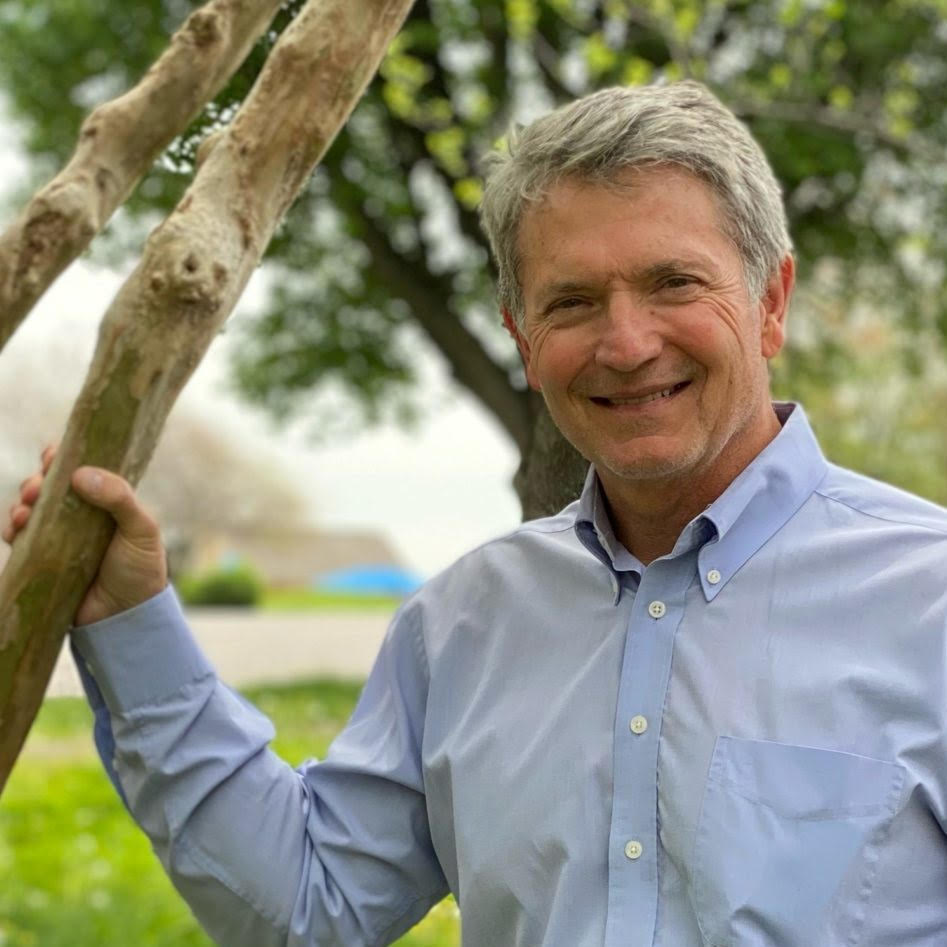
Naturally, to have a chapel program that works, you need the support of the head coach and general manager. In that regard, David Poile and Barry Trotz (who is now back as the team’s general manager) were always very supportive of the program. (Peter Laviolette and John Hynes were also very supportive; Williams anticipates Andrew Brunette will be as well.)
“I think [Barry Trotz] and David Poile understood the importance of chapel for players,” Hamhuis said, echoing Williams’ sentiments. “You have some support when things aren’t going well, maybe in your personal life or there’s some challenges directly affecting performance. I would think the coach and GM would be happy to know that there’s someone for us that we can chat to about that sort of thing.”
Williams joins a small list of personnel that have been around for almost the entirety of the franchise’s existence. Over the years, he thinks that consistency has helped impact the team on a more holistic level, as he’s been able to see player growth over the long haul, not just over the short term.
“Knowing a little bit about where the players are in their development, where they are in their career, it creates a whole new dimension and it’s really fun. Also when players retire or leave the Predators,” Williams adds. “People like Dan Hamhuis… he and I continue to stay in touch, I talked with him just last week. Sometimes we’re able to kind of keep in contact with players who have come through the program.”
It’s a connection that Hamhuis said has made a huge impact in his life off the ice.
“Pike’s a special guy and a guy that I have always stayed in touch with,” he said. “Even when I went away from Nashville for eight years. Even now today, I call him regularly. He’s been a real mentor for me. His wife has been a mentor for my wife.”
“Like I said… when I grow up, I still want to be like Pike.”
– Featured image(s) courtesy of Pike Williams –

